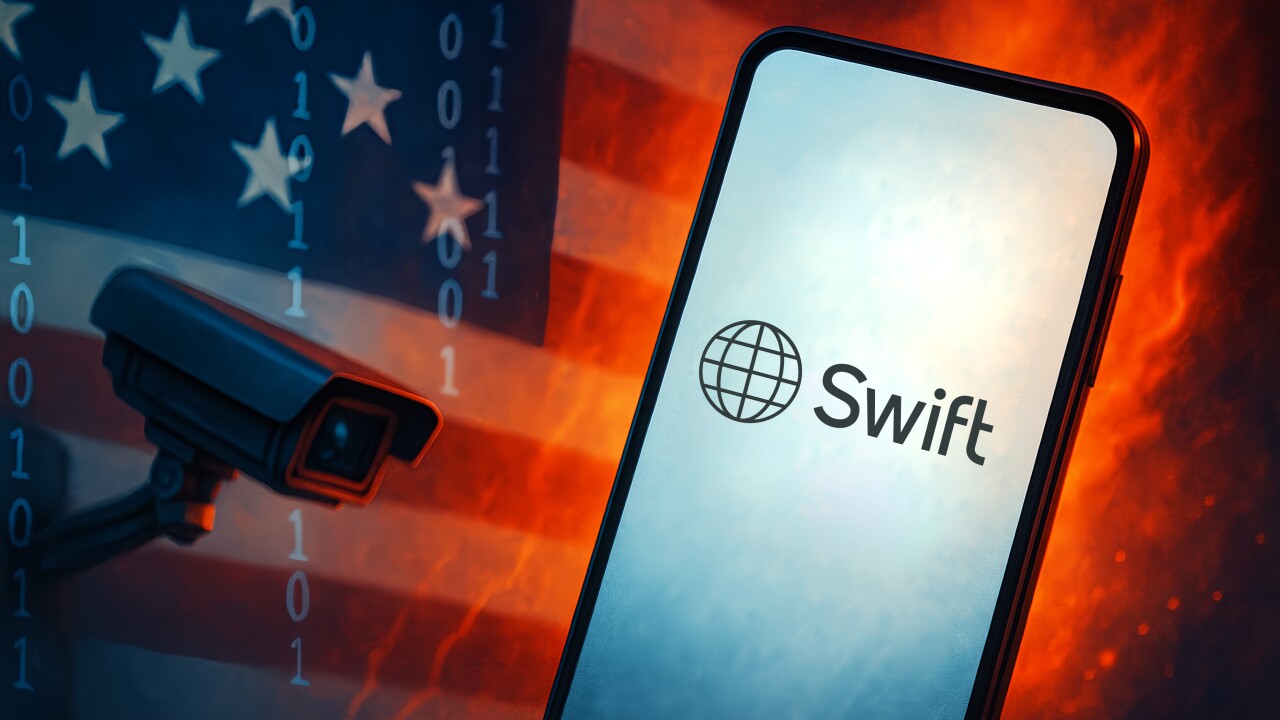Coastal FCU here has become the first financial institution to join the World Community Grid, a network of computers around the world being leveraged by scientists to solve some of humanity's greatest challenges, such as AIDS and genetic research.
Most personal computers don't use anywhere near the capacity of their operating systems at any one time. The Community Grid uses a computer's unused memory to run calculations at night, during lunch hours or when the computer user is at a meeting or on vacation, for example.
Coastal FCU joins other organizations such as Rutgers and the University of Kentucky, the United Way, the Florida Chamber of Commerce and the Reuben H. Fleet Center in San Diego in signing onto the Community Grid.
Until the 1990s, Coastal FCU was exclusive to IBM employees in North Carolina, South Carolina and Virginia and still has the majority of its members either working or affiliated with Big Blue. Joe Mecca, director of community and corporate relations for Coastal FCU, said the 40-year relationship with IBM made the CU a natural fit for the project. Coastal FCU IT staffers dug up some old computers, downloaded the Community Grid software and launched Coastal FCU into the world of science. "We didn't have to spend a single dime," Mecca said. "There was no additional cost to us."
The Community Grid concept is actually very simple: with the small number of supercomputers around the world, it can take researchers years to tackle scientific challenges requiring enormous numbers of calculations. But a "grid" of personal computers can solve small segments of calculations for research, send the answers back to the server and request another batch of calculations. Computers work problems during idle time and are on the Internet only when transmitting solutions or receiving new assignments. IBM reports 130,000 people in the Grid providing 210,303 computing devices that have returned results more than 21 million times. On Dec. 5, 2005 alone, Grid computers returned 106,033 results.
"It's an easy way to get involved in a humanitarian effort and not use a lot of resources," Mecca said. "Nobody's doing it. On the financial side, we were a trailblazer."
Mecca said member information is secure as the Grid computers use a separate Internet connection that isn't connected to the credit union member database. Mecca said Coastal started small with eight idle computers and is encouraging members to join individually.
"It's fairly simple to do. It takes just a couple of minutes for each computer," he said.
Lynne Beaman is program manager for corporate and community relations and said anyone can join by visiting the World Community Grid website and downloading the software. Credit unions, organizations or businesses wishing to become formal partners should contact IBM officials who will set up a relationship with a local IBM representative.
There is no fee to join and operates on a secure network that has been tested by computer hackers hired by IBM during the last year, she said.
"It's safe and secure and won't hamper what's on your computer," Beaman said. "The Grid is a very efficient way to do philanthropy and it doesn't cost anything. It's quality research for little effort."
CUJ Resources
The World Community Grid website is located at www.worldcommunitygrid.org. Software for the research program can be downloaded from the site that also provides information and statistics about the Grid. Credit unions seeking to partner with IBM can email Lynne Beaman at beamanly





